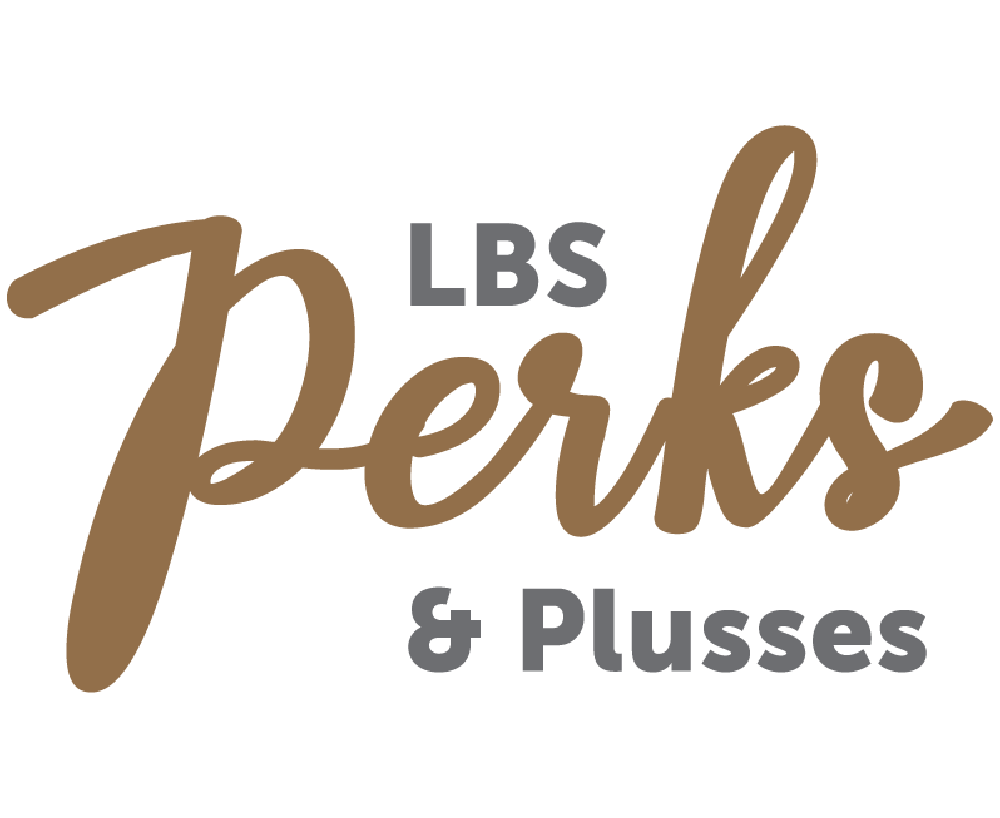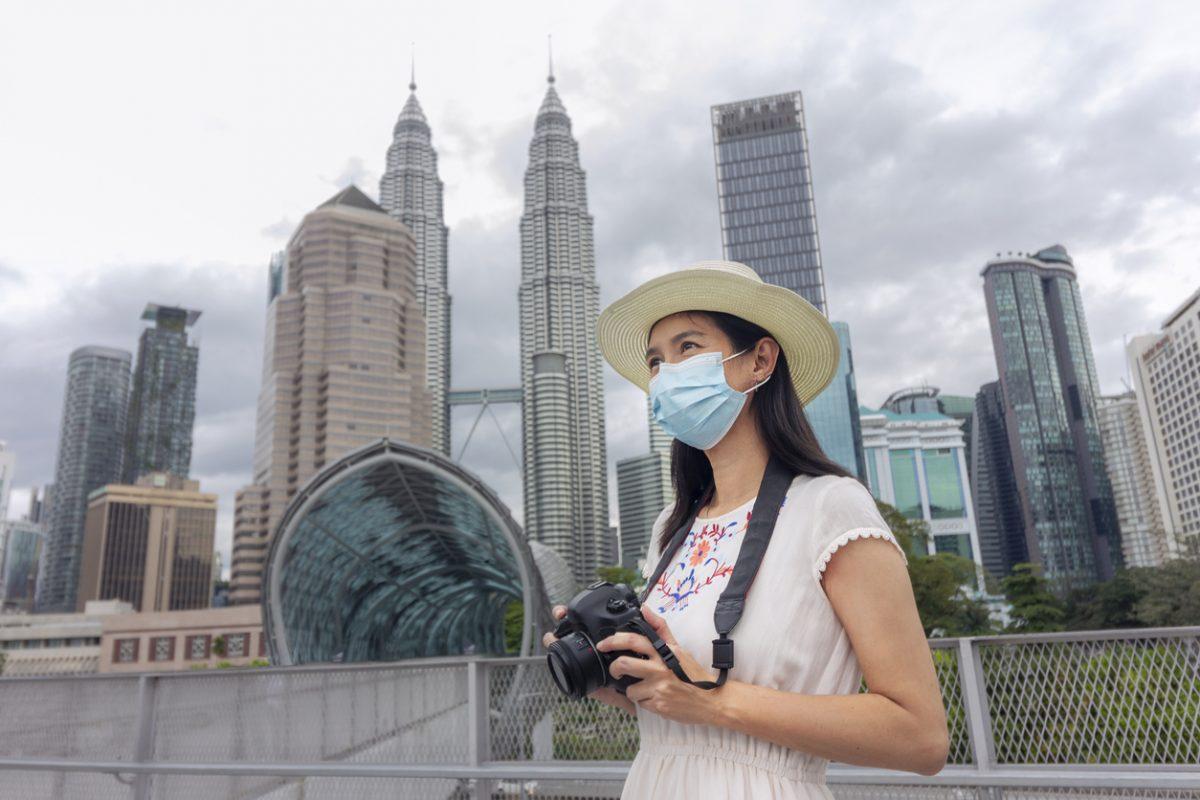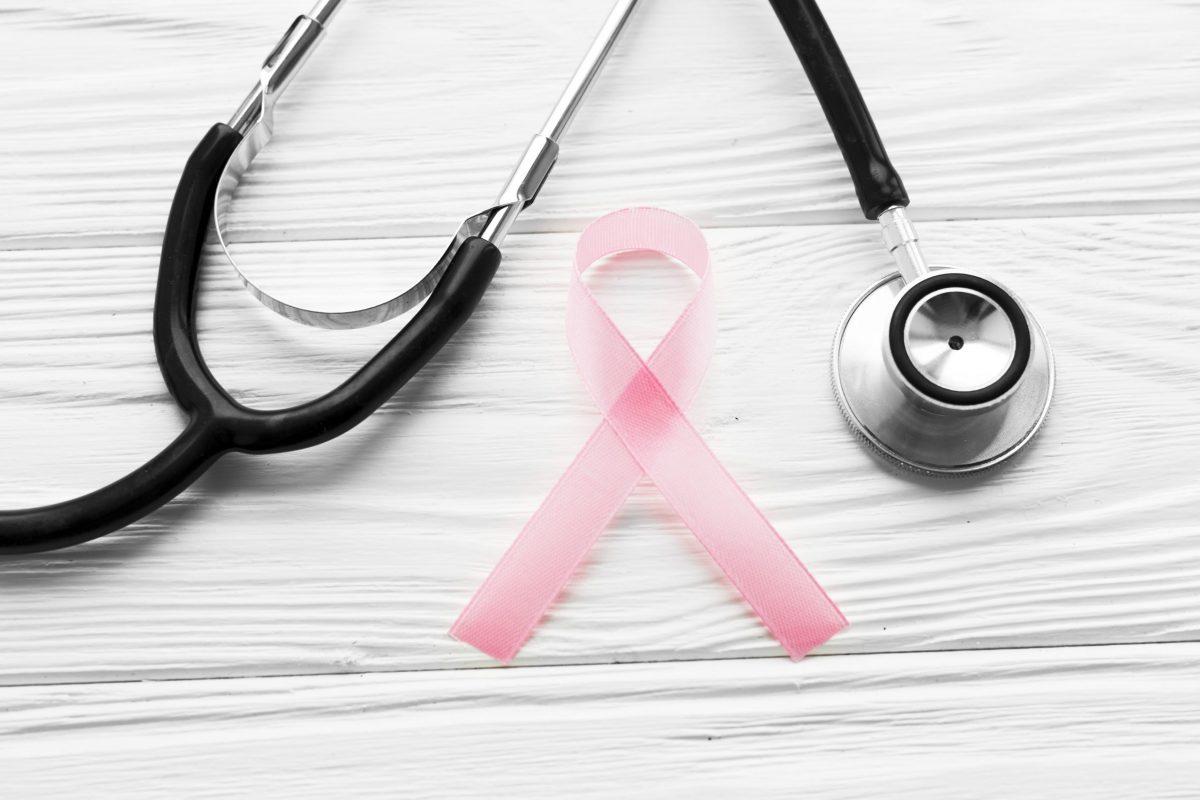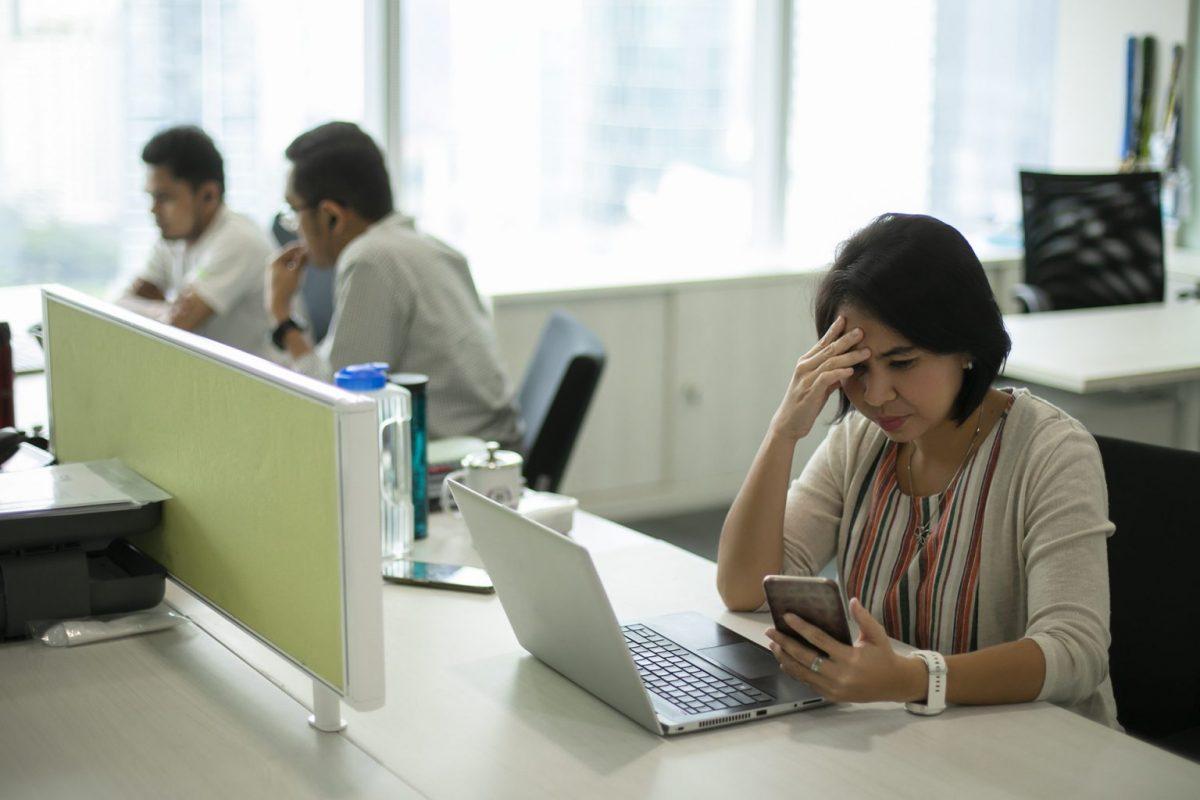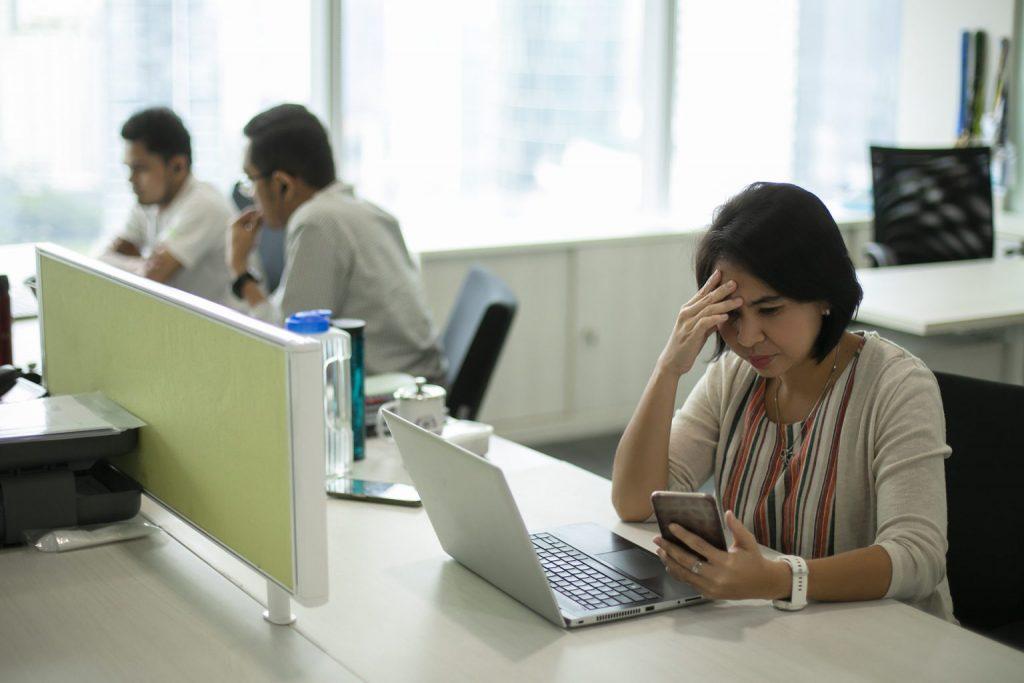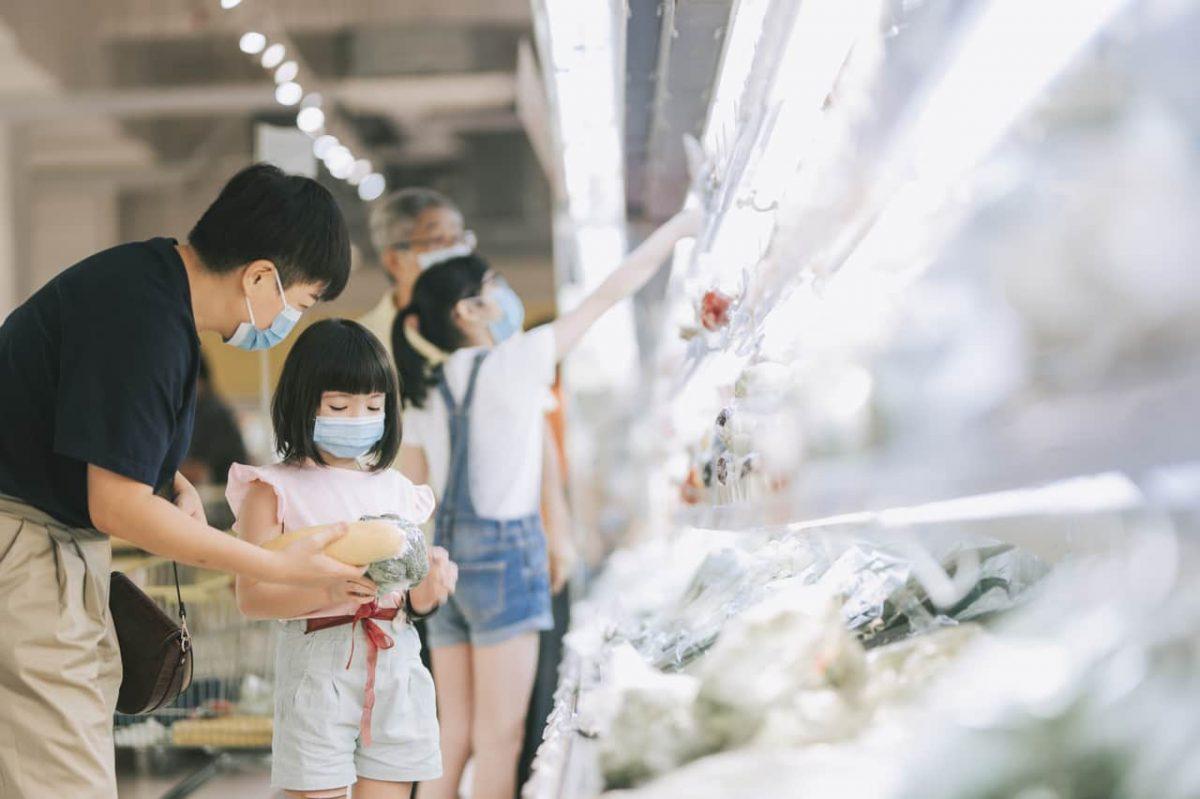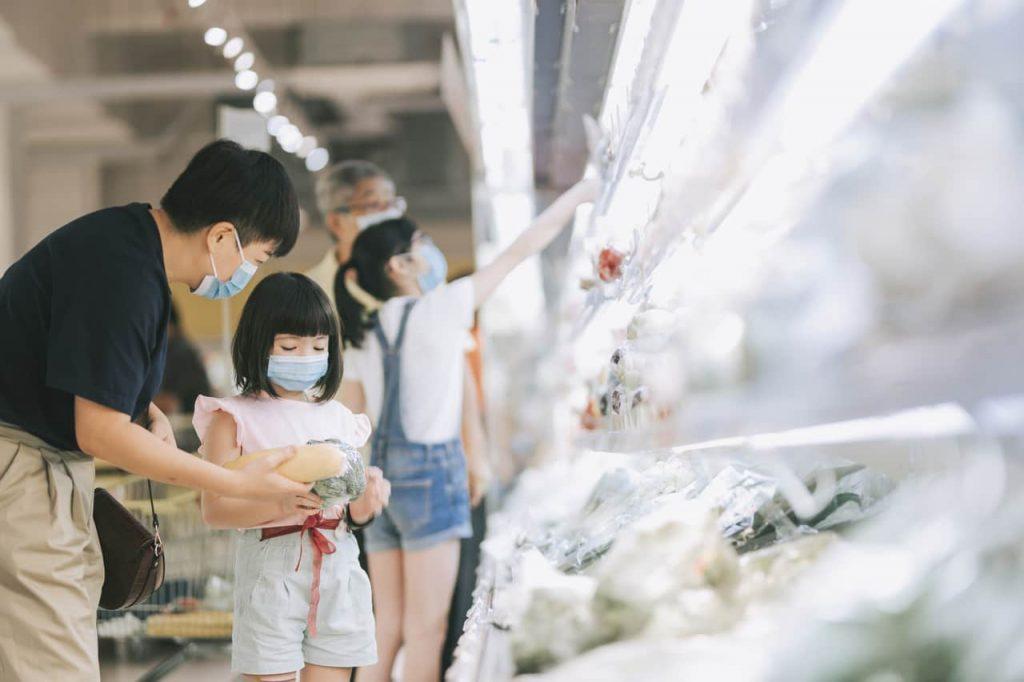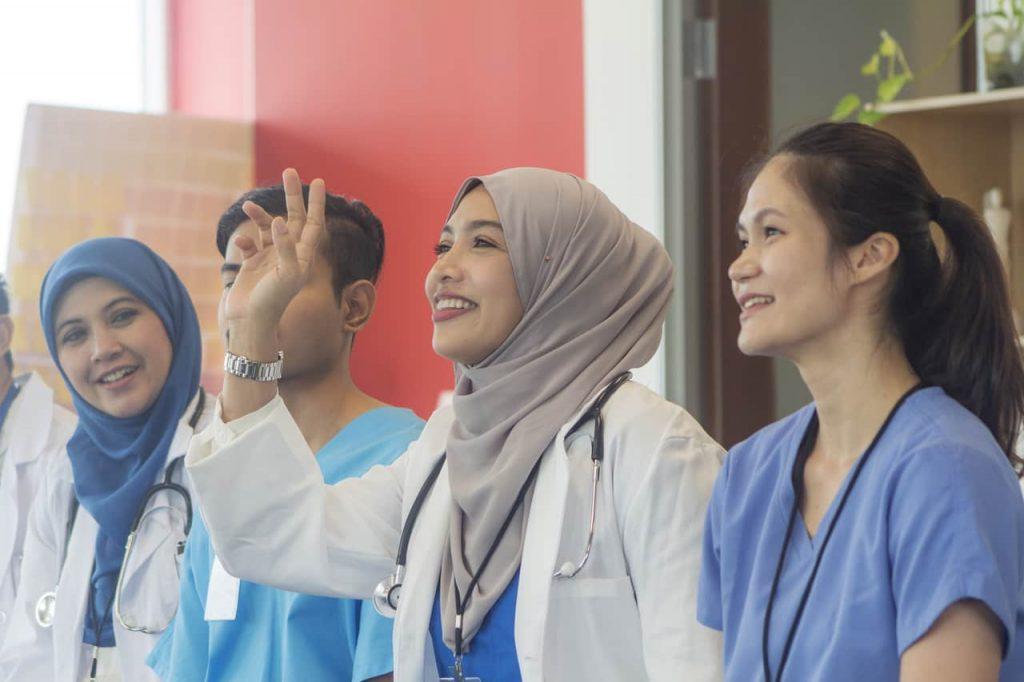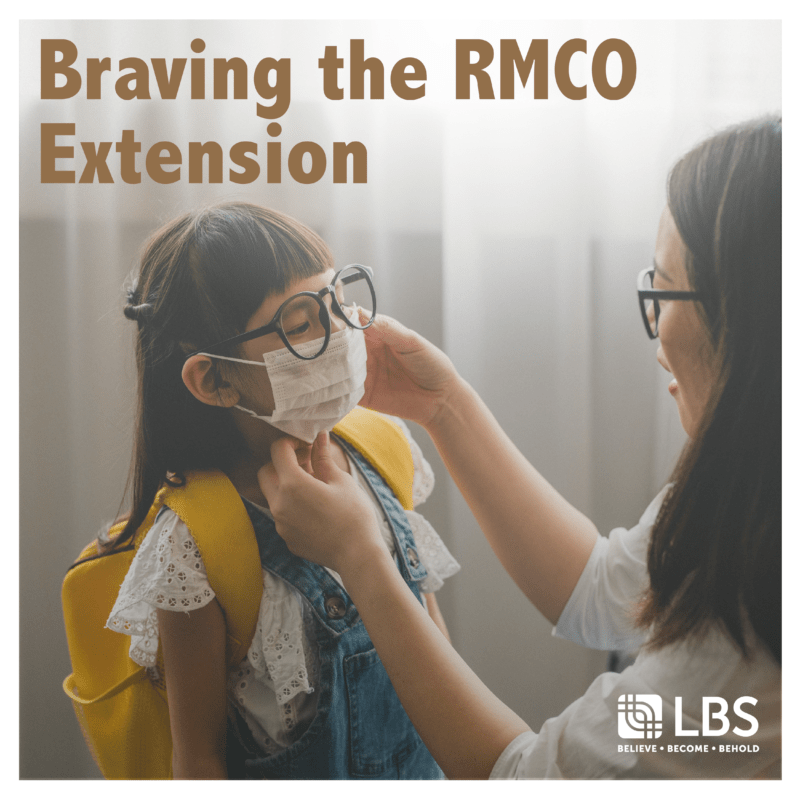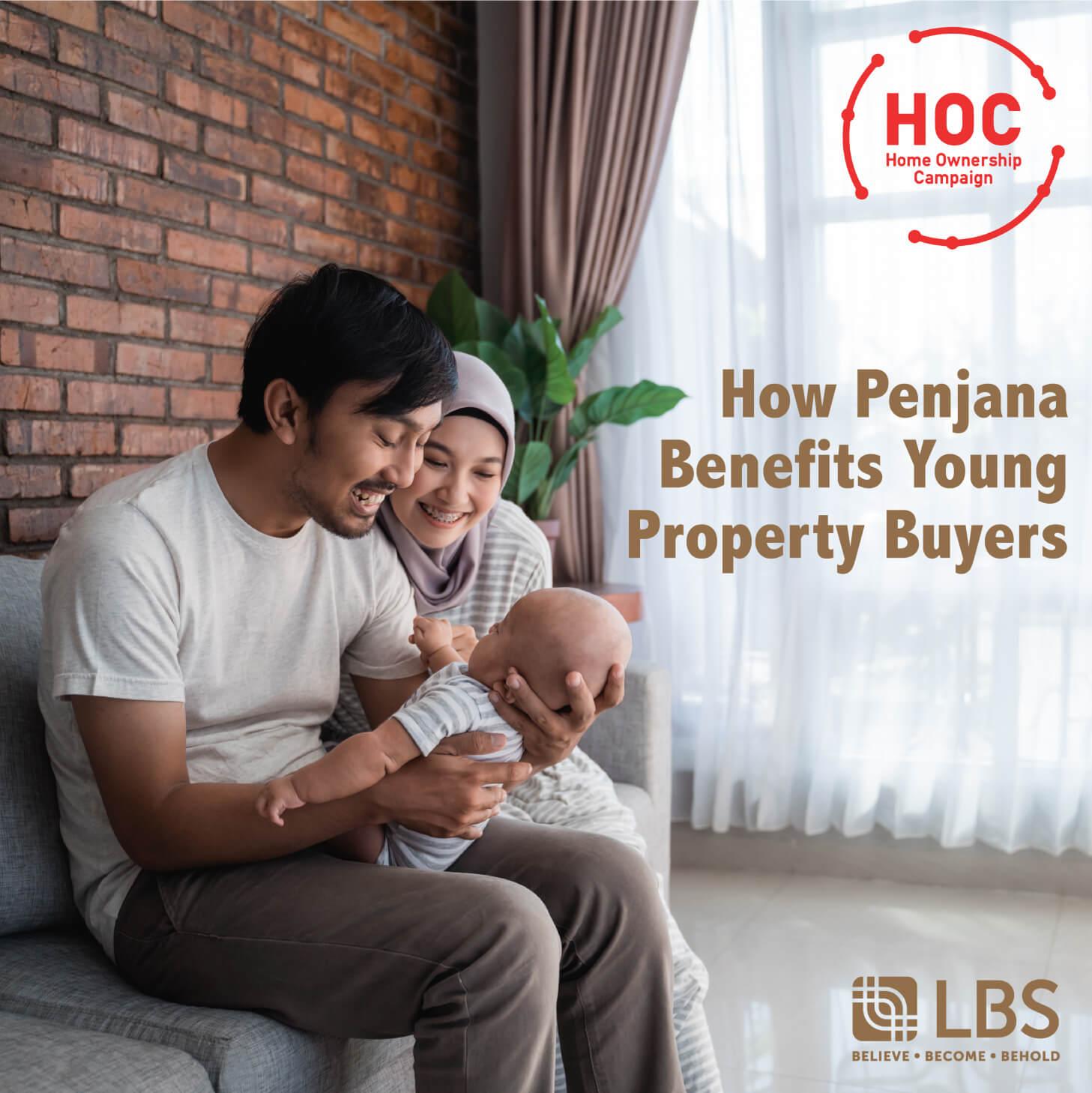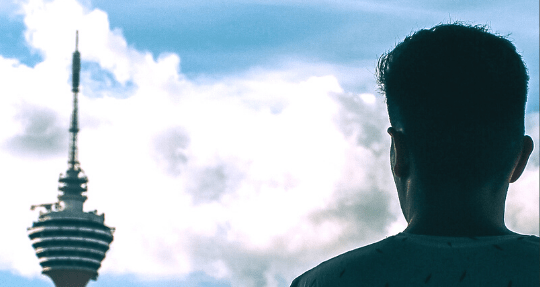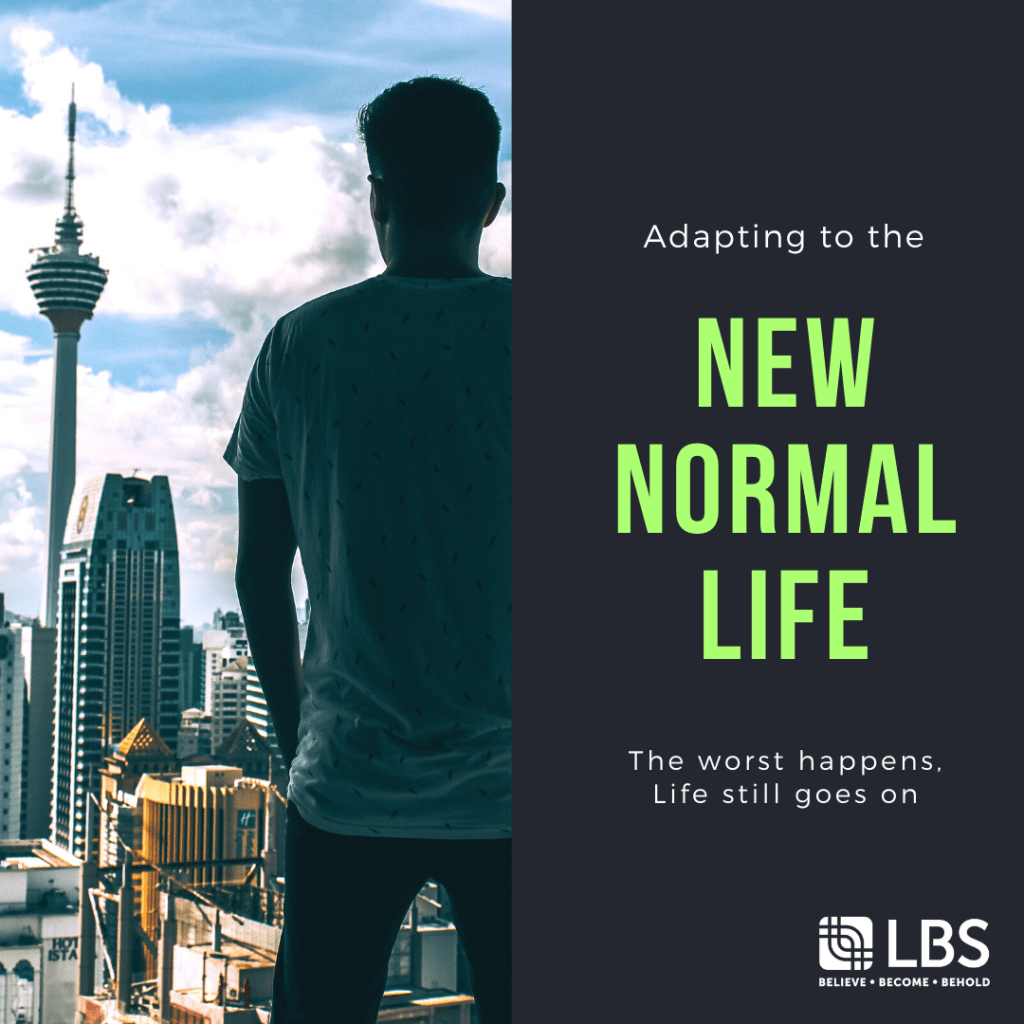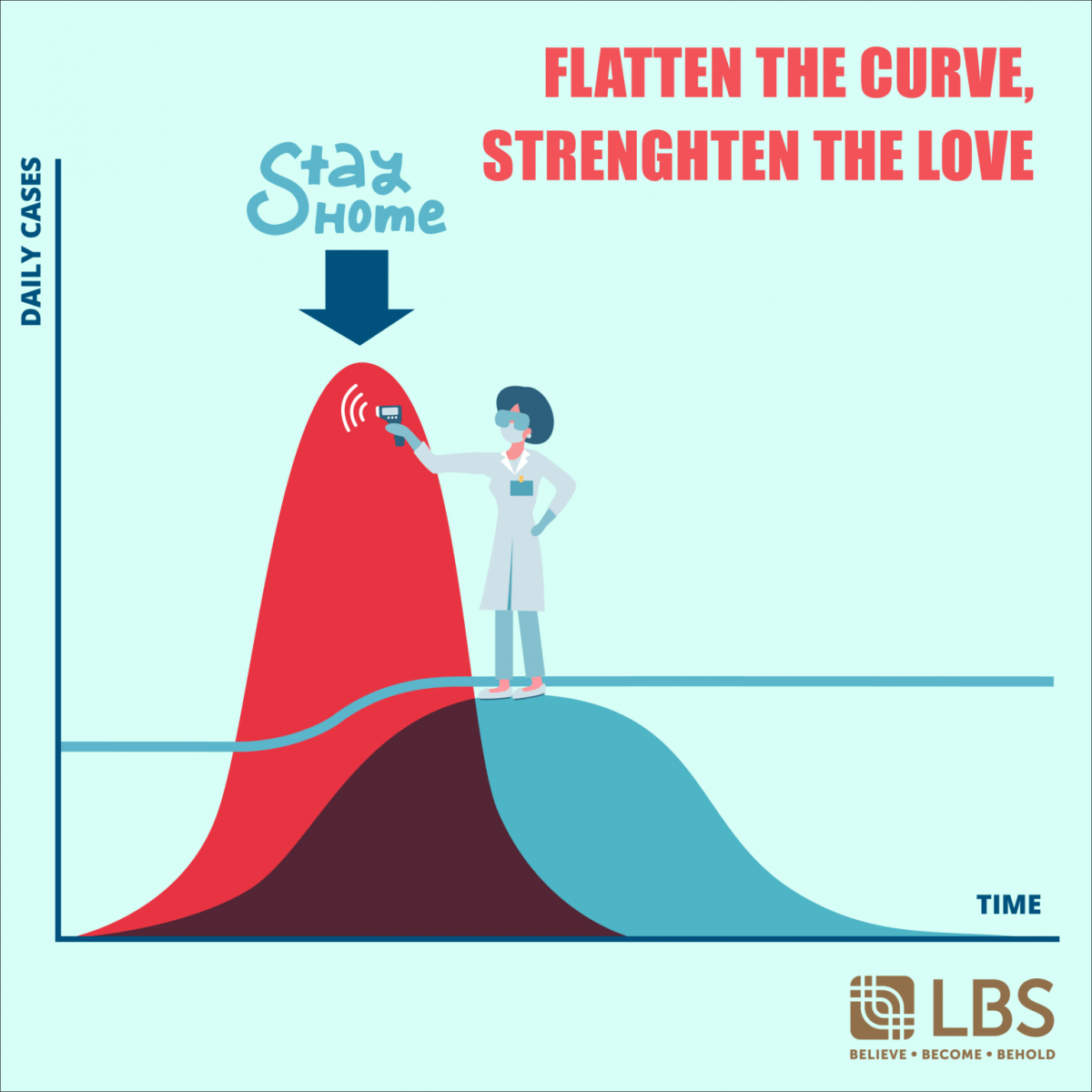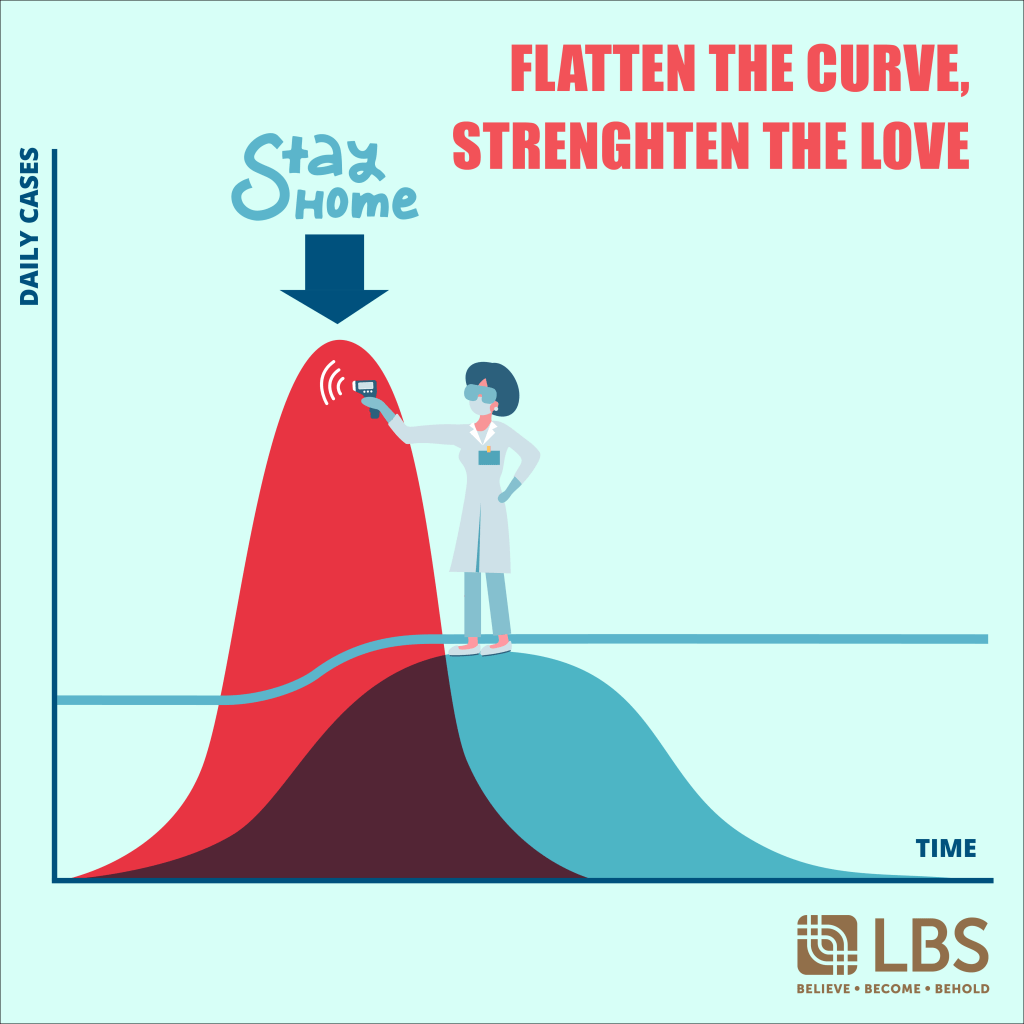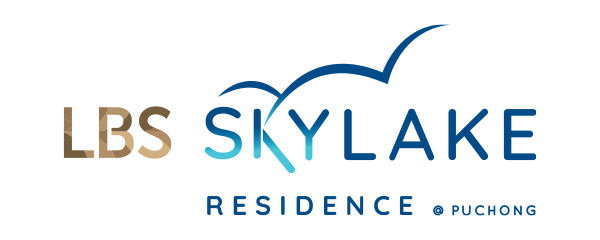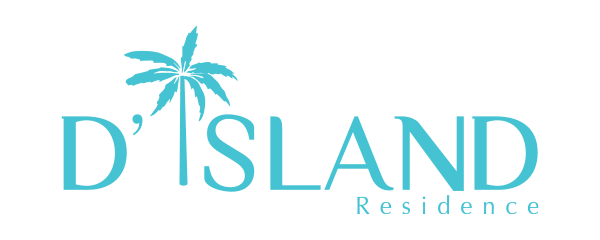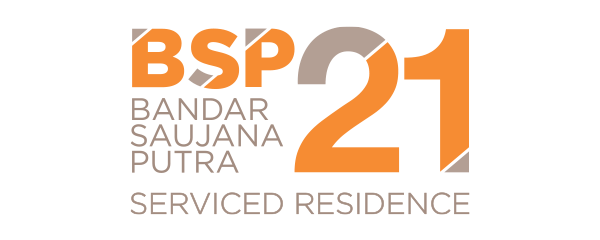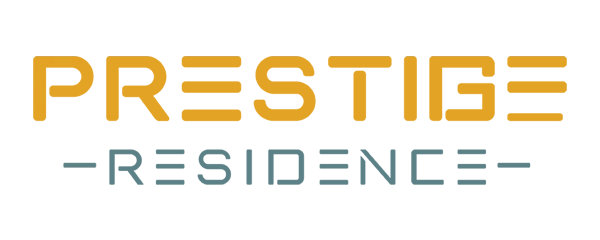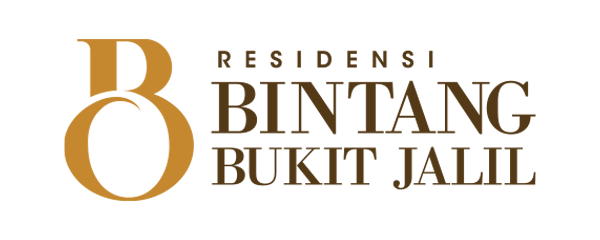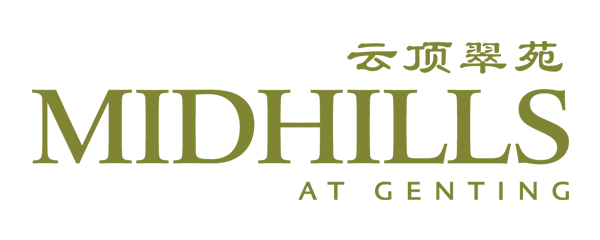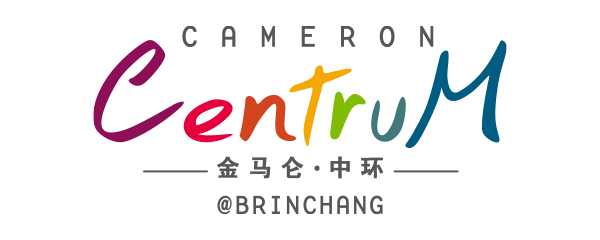Travelling Amidst The Pandemic Equals Travelling Amidst Uncertainties?
D
on
November 30, 2021
Borders are opening, travelling plans are back on track. But are we really ready to start travelling again? Just very recently Malaysian health experts warn that we may be expecting a 4th COVID-19 wave. Should you cancel your holiday plans? As much as we hate to say this, COVID-19 is here to stay. While lockdowns, restriction orders, and vaccination has proven to be effective, it can only bring us this far. Our take on this is that travelling amidst the pandemic need not be equated to travelling amidst uncertainties.
As much as it appears to be non-essential, the travelling industry which accounts for 10% of the world’s GDP, is an undeniably crucial industry. Not merely as a contributor of the world’s economy, but also a contributor to the wellbeing of those that has been confined at home for months. Yet, reopening travel presents its own challenges.
Disclaimer here though, we are no health experts but we believe that letting one’s guard down is one of the contributing factors to the rising cases. While we get our booster shots to ramp up on our immunity, to us, getting our basics right is more crucial than ever, mask up at all times, thoroughly wash your hands, sanitize your hands once you’ve pressed the lift switches, public door handles, etc. At this point all of this should be second nature to us.
Also, make full use of your COVID-19 tracing app, check-in and out timely, because if there’s any false positive (status turning red, even when you’re COVID free) there goes your holiday plan. A fairly new norm in pandemic times is taking self-tests be it rapid antigen test kit or saliva test. Doing a test every time before meeting up can sure feel troublesome and heavy on the wallet, but it’s the responsible thing to do as there are no telltale signs that someone is COVID positive or not. Trust us on this one, once you’ve known that the people that you’re travelling with have done self-test, you will be more at ease and relaxed.
Now that you’ve done your part, the next thing to do is to make sure that the destination spots, eateries, hoteliers, and transportations that you’re opting for are on the same page as you, adhere strictly to SOPs and the latest protocols. Preferably, go contactless for all your transactions. See someone walking around a hotel with no mask on and the staff doesn’t bat an eye even after being notified about it? It’s a red flag to us as it’s a reflection of how the SOPs are being implemented across the said business. Skim through reviews before putting down the booking, reach out to the staff to ask about their SOPs, and again, make good use of the tracing app by checking the number of positive cases around the destination for the past week.
Ultimately, one should not feel guilty for wanting to travel, it is the poor practices of SOPs and negligence that should be penalized. Always remember that booster shots do not make us invincible from the virus, and don’t choose its prey. Go ahead, with your plans, make beautiful memories and in the meantime, let’s be safe.
#LetsBeSafe

